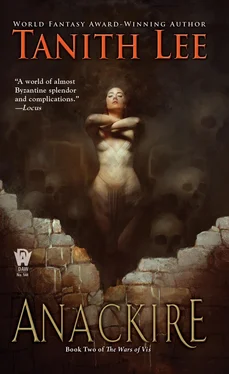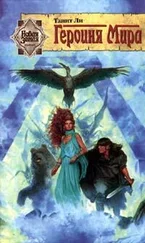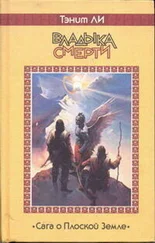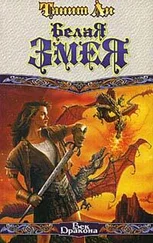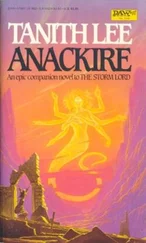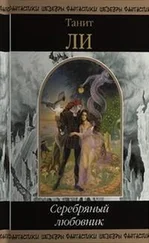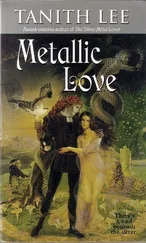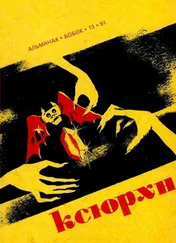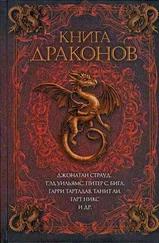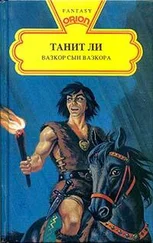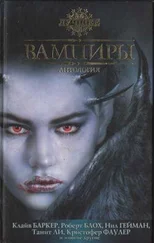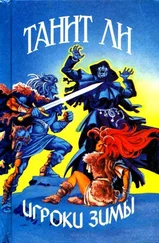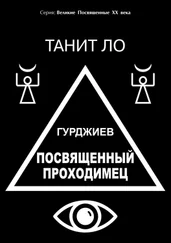But Raldanash had clasped hands with life, and surrendered it.
When the man of the Amanackire came noiselessly to him, calling without words, Raldanash, Storm Lord and Dragon King, turned back along the deck to make ready.
The great fleet of Free Zakoris, veering eastward now with the tidal currents and winds of sunrise, did not know there was a line drawn across the sea.
They had made sacrifice to Rorn as the disc of the sun escaped his halls. The brief barking prayers were done, though still the bluish streamers of incense rose from every prow of those one hundred and seventy-six ships.
Yl himself rode this arm of his fleets. He straddled there, close to the Rorn god of the King Ship. Behind him was the mass of sail, ochre-colored, with the Black Leopard scrawled over it. The dawn was in the Zakorians’ faces. They had gained indications that enemy shipping might come out to greet them. They expected Shansarian Alisaar, or Xarabiss, more than they looked for Dorthar and Dorthar’s King.
As for the line of psychic force, it was invisible and apparently immaterial.
What they did come to see was a sudden turbulence in the glimmering water fifty oar-lengths away.
Yl’s captain pointed. There was a parcel of shouts.
“Huge fishes, Lord Yl, leaping from the depths.”
There were so many of these fish, they slowed to let them by.
When the arcing, snakelike forms and the sea-flushed spray had settled, a shadow came out of the sun.
The watch-horns sounded. The Zakorian galleys flung themselves to battle-stations before the devices of Dorthar had even been read.
Braziers roared. Fresh smokes curled up into the morning sky. The ballistic weapons were hauled and secured in position on their shrieking chains.
“They don’t come on, my lord.”
“Shy? We shall go to embrace them, then,” Yl said. “Dorthar, and Ralnar’s son, crushed in the fist.”
Across the slight interval of water, oars idle, the Storm Lord’s fleet stood waiting on his order. Which did not come.
“My lord—” said the captain from Marsak.
Raldanash was above him, by the rail. Somehow, a group of Amanackire had got between him and his officers.
All at once, the air was changed. It seemed to ignite, as if the sun had slipped from cloud, but the sky had been clear since dawn.
The captain did not speak again. He wet his lips and rubbed his temples, wondering if only he was effected. All about him, surreptitiously at first, the soldiers did similar things. It was like a sort of drunkenness when the stomach was not full. A rush of clarity that equally obscured. A folding away. A going outward—
The sea began to shiver.
Long waves, like those foretelling storm, raced and broke about the ships.
No wind blew. The sky was pristine.
The sea bucked and tumbled.
They had seen large fish, could it be they were rising again, under the very keels?
Men ran about. A scatter of orders were bawled. Then silence came back. Yet, there was a sound. It seemed rather to be in the skull than in the passages of the ears.
Above them, Raldanash, in the prow. Not moving. Doing nothing.
That white hair was like a flame. Flame ran along the edges of him, a man cut from parchment, burning.
Men cried out now.
A huge sheen enveloped the ship, reflected in the pounding pouring waves.
The foremost Free Zakorian galleys were approaching ramming speed when the sea raised itself and slewed against them.
As the first great runners hit them, oars flailed, breaking rhythm. Then the massive sweeps were shattering like twigs, and a terrified howling came from the rowers’ decks below. On the floundering timbers all about, men crashed over in a rain. A catapult tilted slowly and fell into the water.
“In the name of Zarduk—” Yl, struggling to his feet, gripped his captain by the neck.
The man pointed wildly.
“Something—something in the sea!”
Between the careering, speed-smashed Zakorians and the silhouetted static ships of Dorthar, the water spouted upward, black and combing, sediment and spray and gusts like mist or steam, blotting out now the sight of each fleet from the other.
Something indeed was active there, some massive hulk or beast, thrusting up from the floor of the ocean—
Aarl, place of submarine volcanoes—the story flooded a thousand minds. They called to each other in horror, remembering—
And then in a spume and spurl the ocean was ripped apart.
Walls of water a hundred feet high or more burst into the air. Darkness threw itself over them. The sea would be next. It would crush them in its fist.
And yet, the sea did not fall back as it must, dashing them in pieces, swallowing them whole. The sea hung like a curtain there, glittering and quivering, and the sun began to soak through, and the sea dried in the sun, upright in the sky.
Raldanash had become the mirror, of bronze and silver and gold and white light. His brain separated from his body, then his consciousness.
He floated high in the air, a seabird, weightless, and beheld the ships below, pale and dark, like figures on the war-table at Anackyra. And the sea surged up between.
Flame from the north sheared through. He was aware of Rarmon, very near, as if he were at his shoulder in some fight, their shields locked. Yet Rarmon-Rarnammon was miles off. A communication passed between them, speechless and without format, understood instantly, then gone.
The two lesser fires were nearer. They entered and refocused, swelling, ascending. From the east and the south. He knew the beings searing in the fire, male, female. They touched him, and each other, and the gold light of Rarnammon. The fourth light was beyond them all, so pale it had a core of blackness. Ashni. Sunrise. Morning Star.
Raldanash, or the awareness Raldanash had become, felt itself consumed in the conflagration, without pain or fear, peacefully. And as he died, the fifth ray of the star exploded outward, the psychic orgasmic energy of the spirit.
The filaments flared, from outer point to center and so to each outer point once more, and every filament as it centered and returned, centered and returned, spun off from itself the newborn intersecting threads. Over all Vis, the woof and weft of a colossal loom crackled and sparkled and gave birth.
The sea was in the sky.
Then a figure was there, girded by ocean, tall as the roof of heaven.
The Dortharians saw Anackire.
She towered, She soared. Her flesh was a white mountain, Her snake’s tail a river of fire in spate. The eight arms stretched in the traditional modes. Her eyes were the sun twice over. She spoke to them, in their minds, wordless. She said: It is ended .
But the men of Free Zakoris did not see Anackire, the Lowlander-witch they abhorred. They saw Rorn, their own god, who was black, with sea-plants in His ebony hair and jewels in the palms of His hands. And with one of these gargantuan hands, as He leaned down all His length toward them from the ether, He pushed their ships firmly away, firmly but carefully, for He did, being theirs, care for them.
Rorn spoke in words. It was a voice of tempest, and His breath was salt. You won your land , Rom said to them. Be proud of your kingdom, carved from Thaddra, and be also content. The rest is not yours to take. It is I RORN who say this .
They lay on their faces before Him.
Blue sea gems flashed in His teeth. Thunder encircled His head.
At last they looked, and saw only a white shade of his blackness, waning on the day. They had been moved back like game pieces many miles. The Dortharian fleet was not to be seen. The sky was overcast and troubled, the sea beneath littered with timbers, bits of ironware, and coals that had spilled and not yet gone out. There were, too, a host of broken swords, split cleanly in the midst of the blade.
Читать дальше
